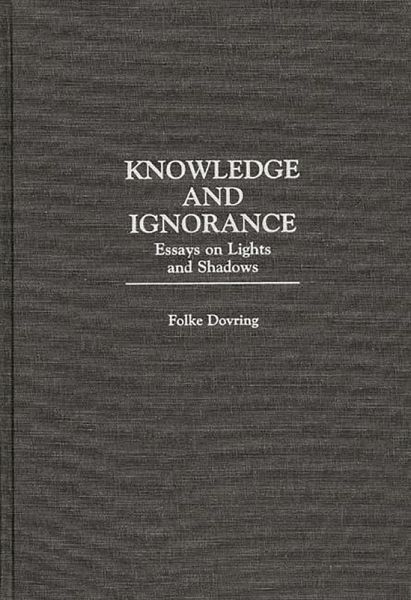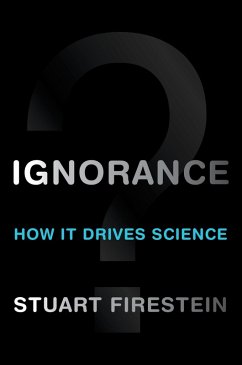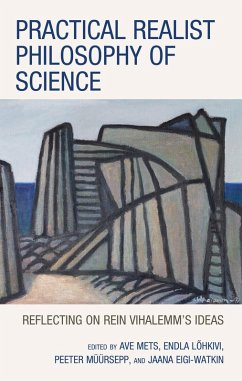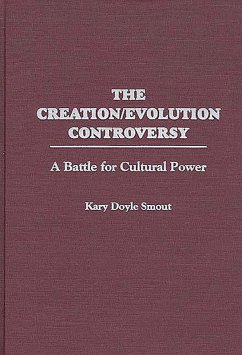
Knowledge and Ignorance (eBook, PDF)
Essays on Lights and Shadows
Versandkostenfrei!
Sofort per Download lieferbar
58,95 €
inkl. MwSt.
Weitere Ausgaben:

PAYBACK Punkte
29 °P sammeln!
Dovring explores the limits of science as causes of ignorance. Some topics examined in these essays are problems with our ways of knowing and the impact of emotion on objectivity. He argues that reality consists of designs-of things and processes. While most designs we might think of cannot exist, those that can exist add up to a tool box of creation which contains the detailed laws of nature, many of them synergisms. Reality must conform to this web of necessities, hence the danger of unchecked virtual reality. These lines of thought are then applied to evolution as creation and history. In a...
Dovring explores the limits of science as causes of ignorance. Some topics examined in these essays are problems with our ways of knowing and the impact of emotion on objectivity. He argues that reality consists of designs-of things and processes. While most designs we might think of cannot exist, those that can exist add up to a tool box of creation which contains the detailed laws of nature, many of them synergisms. Reality must conform to this web of necessities, hence the danger of unchecked virtual reality. These lines of thought are then applied to evolution as creation and history. In a final essay, Dovring explores topics upon which science should concentrate. This book will be of interest to scientists as well as the lay public interested in the theory of science and questions of truth and faith.













